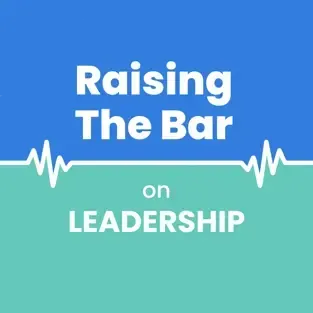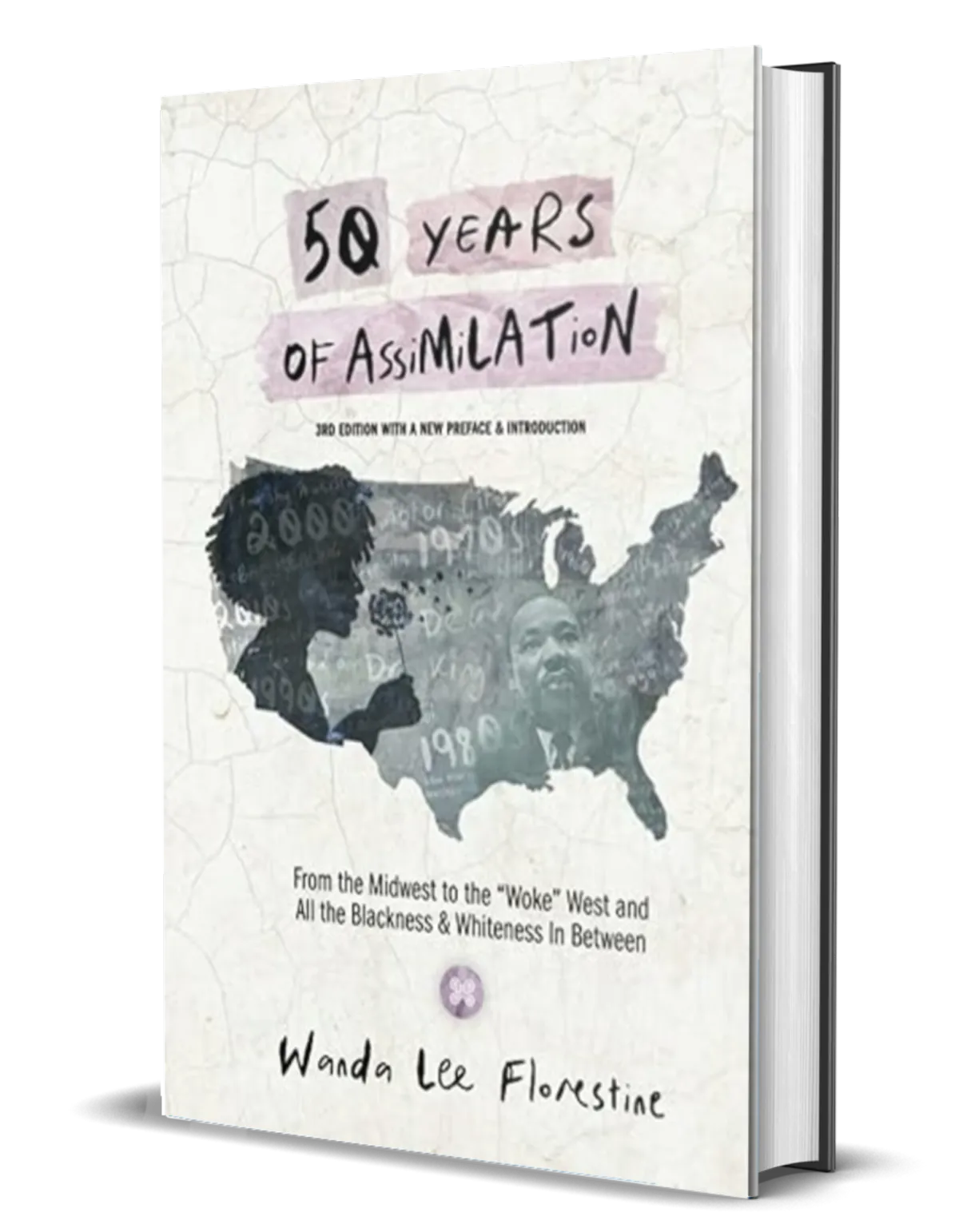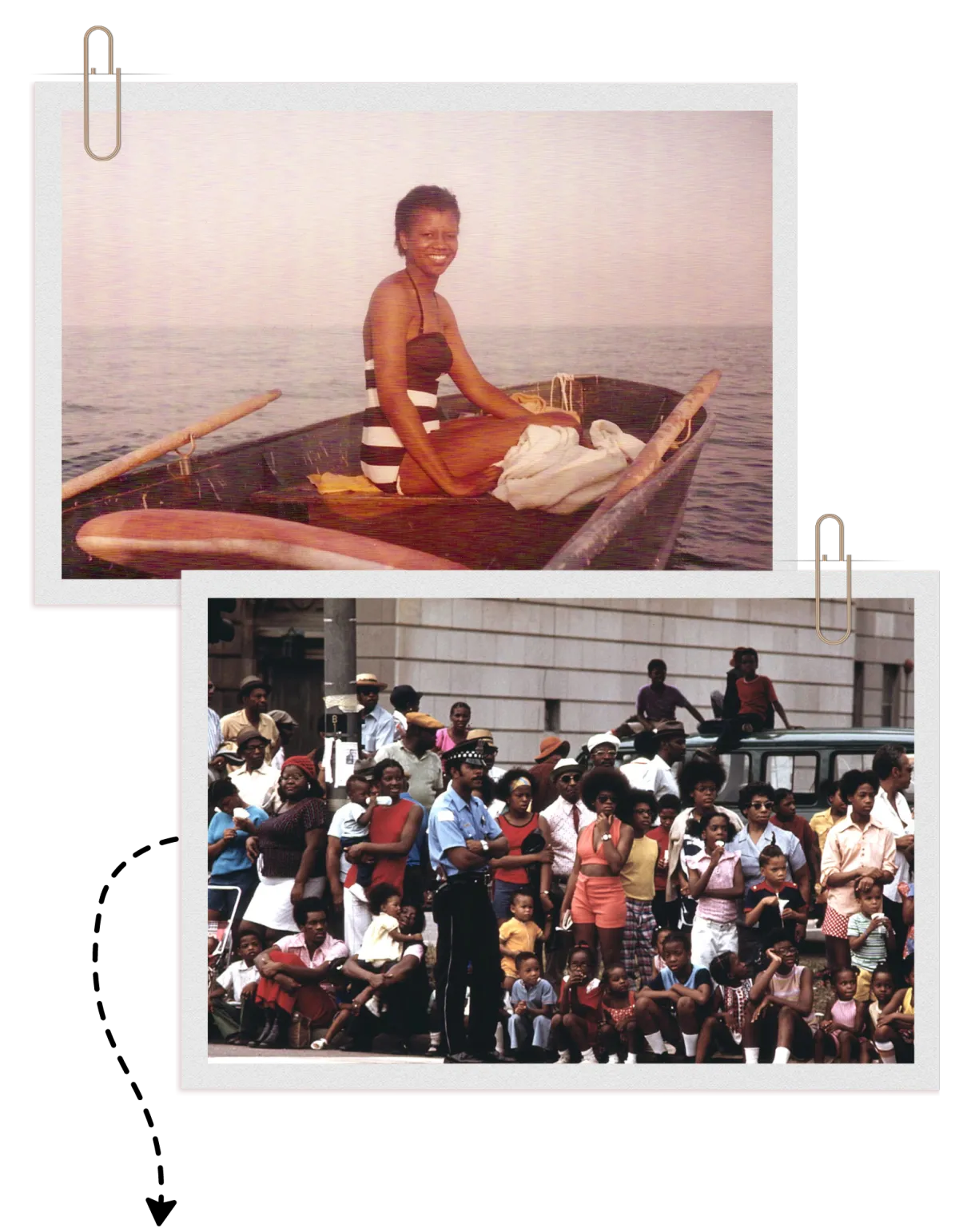.
50 Years
Of Assimilation
.
From the Midwest to the "Woke" West and All the Blackness & Whiteness In Between
.
"HUE"manitarian | Author | Activist | Thought Leader
.
Wanda Lee Florestine
.
.
Featured In





Letters To Dr. Martin Luther King, Jr
Wanda Lee Florestine's book delves into her life journey as part of the post-civil rights generation, growing up in Detroit and moving to California's Bay Area.
She explores whether her generation truly integrated or just assimilated, examining the impact of historic events and racial biases on her life through personal and sometimes humorous stories.
Structured as letters to Dr. Martin Luther King, Jr., Florestine shares how the civil rights movement shaped her American experience. This narrative offers insights into race conversations, inviting readers to reflect on their perspectives.

Unpacking The Journey

The Capture - 1960's
What happened to the first generation to "inherit" Dr. Martin Luther King, Jr.s', dream of integration? What happened when the Civil Rights Act was passed in 1964, providing in theory, "full citizenry and full American access" to African Americans?
Did this generation integrate, or assimilate... That's the big question?
The Seasoning - 1970's
Growing up as a young black woman in Detroit, Michigan, I navigated a world divided by racial contrasts and challenges. Schools became arenas where I fought to establish my identity and ambitions against the backdrop of stereotypes and limited diversity. My neighborhood, a complex weave of community spirit and adversity, taught me resilience and offered a glimpse of cautious optimism amid the city's evolving narrative.
Friendships formed my refuge, transcending racial barriers and fostering a collective vision for a better future, while encounters with discrimination hardened my resolve to not just overcome but dismantle barriers for future generations.


The Labor - 1980's
Leaving Detroit to find a more fulfilling life in Northern California's Bay Area, known for its diversity and cultural richness. My journey was not just physical but also a profound exploration of identity within the context of race, seeking life, liberty, and happiness. The Bay Area, with its history of civil rights activism and its vibrant community, offered me both challenges and opportunities to grow.
Despite facing barriers, I discovered the power of my voice and the strength in diversity. This move was an educational journey through which I learned about solidarity, empowerment, and the importance of community in the fight for equality and understanding.
Emancipation - 1990's
The identity of a young black woman was shaped by the era's cultural and political landscape. This period brought African American culture into the mainstream, celebrating figures in music and arts, while also highlighting the systemic injustices faced by the black community, such as racial tensions and incidents like the Rodney King beating.
The decade was a time of contradiction, with significant cultural breakthroughs alongside stark reminders of racial inequality. The rise of intersectional feminism, with advocates like bell hooks and Angela Davis, provided a new perspective on the complexities of being a black woman, intertwining race, gender, and class.


The Liberation - 2000's
The inauguration of Barack Obama and his family as the first black occupants of the White House in 2008 marked a historic and transformative moment for black Americans, serving as a profound symbol of progress, hope, and change.
For a young black woman, this event was deeply personal, representing the shattering of long-standing racial barriers and the embodiment of possibilities once deemed unattainable. The Obama family, through their dignity, intelligence, and resilience in the face of challenges, inspired a reimagining of racial identity and potential in America. Their journey underscored both the progress toward and the persistent challenges of racial equality, emphasizing the importance of perseverance and the impact of representation.
Freedom? - 2010's
The era saw significant milestones such as the impact of Barack Obama's presidency and the rise of social media as a platform for advocacy, highlighting movements like Black Lives Matter that brought attention to racial injustice.
Despite these advances, the period was also marked by increased political polarization, systemic inequalities, and incidents of violence against black individuals, underscoring the ongoing struggle for justice and equality. The COVID-19 pandemic further exposed and exacerbated existing racial disparities.
Yet, amidst these challenges, the resilience, creativity, and leadership of the black community, particularly black women, have been sources of hope and inspiration. This era has been a time of advocacy, cultural influence, and a reimagining of what the future can hold, emphasizing the importance of continued efforts toward a more equitable society.


What's The Future
A New Dream Is Needed
In this future, technology and innovation serve as tools for empowerment, bridging gaps and creating platforms for expression, entrepreneurship, and activism. The arts and media reflect the true diversity of the American tapestry, celebrating black stories and contributions without the filter of stereotypes or bias.
As a black woman, I see this future not as a distant dream but as a tangible goal, a destination we move towards with every act of courage, every protest, every vote, and every conversation that challenges the status quo. It is a future where the legacy of resilience and determination shapes a world of equality, and where our children can thrive, unencumbered by the shadows of racial prejudice.